101049-20XX50
0.5-18 Series、0.5mm、ZIF、Horizontal(SMT)、Front flip、Bottom Contact
View More


Product
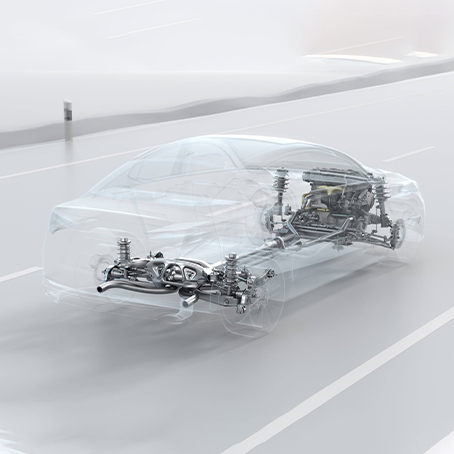
Automotive
Product
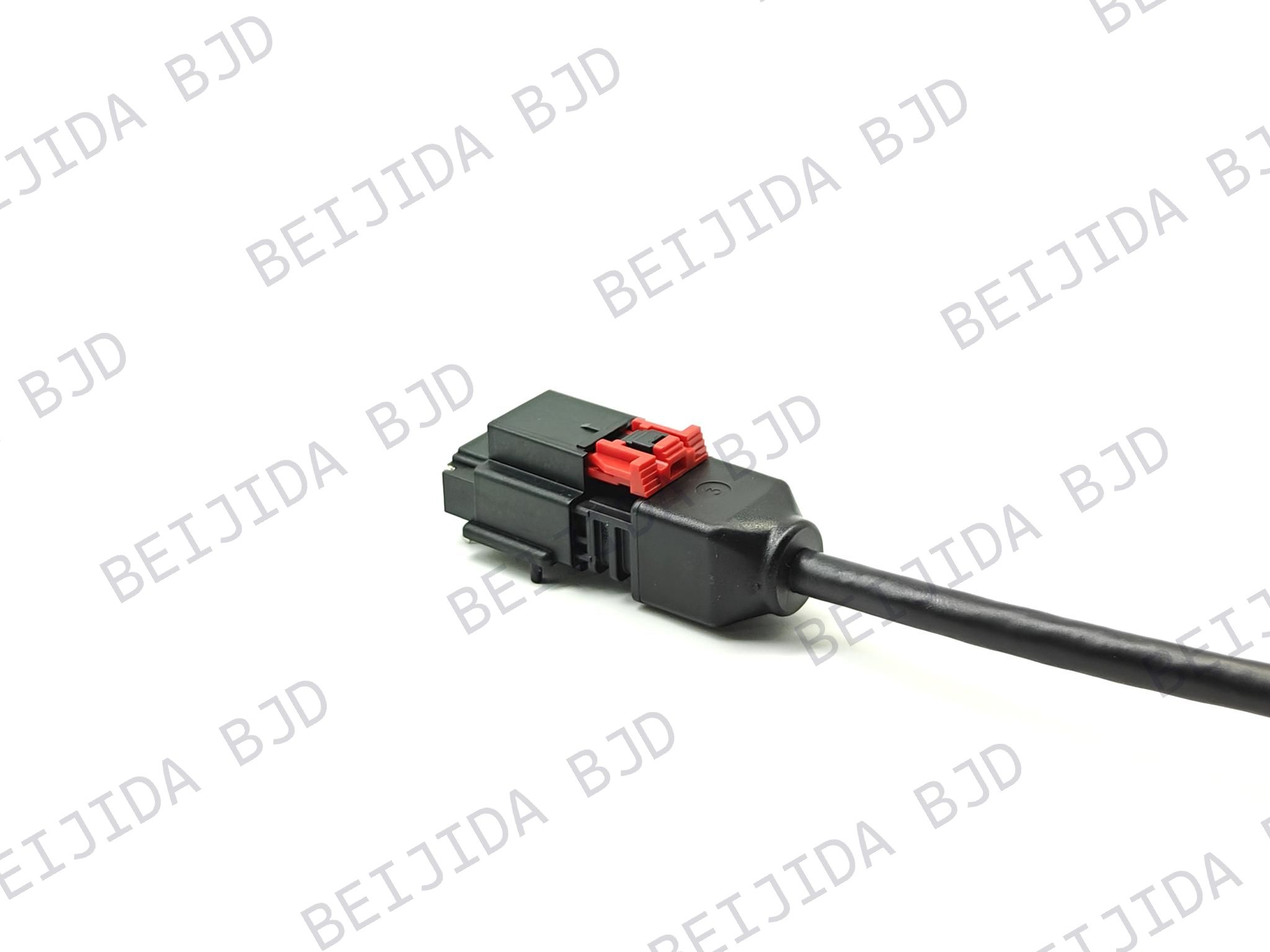 14109X High-frequency Series
14109X High-frequency Series


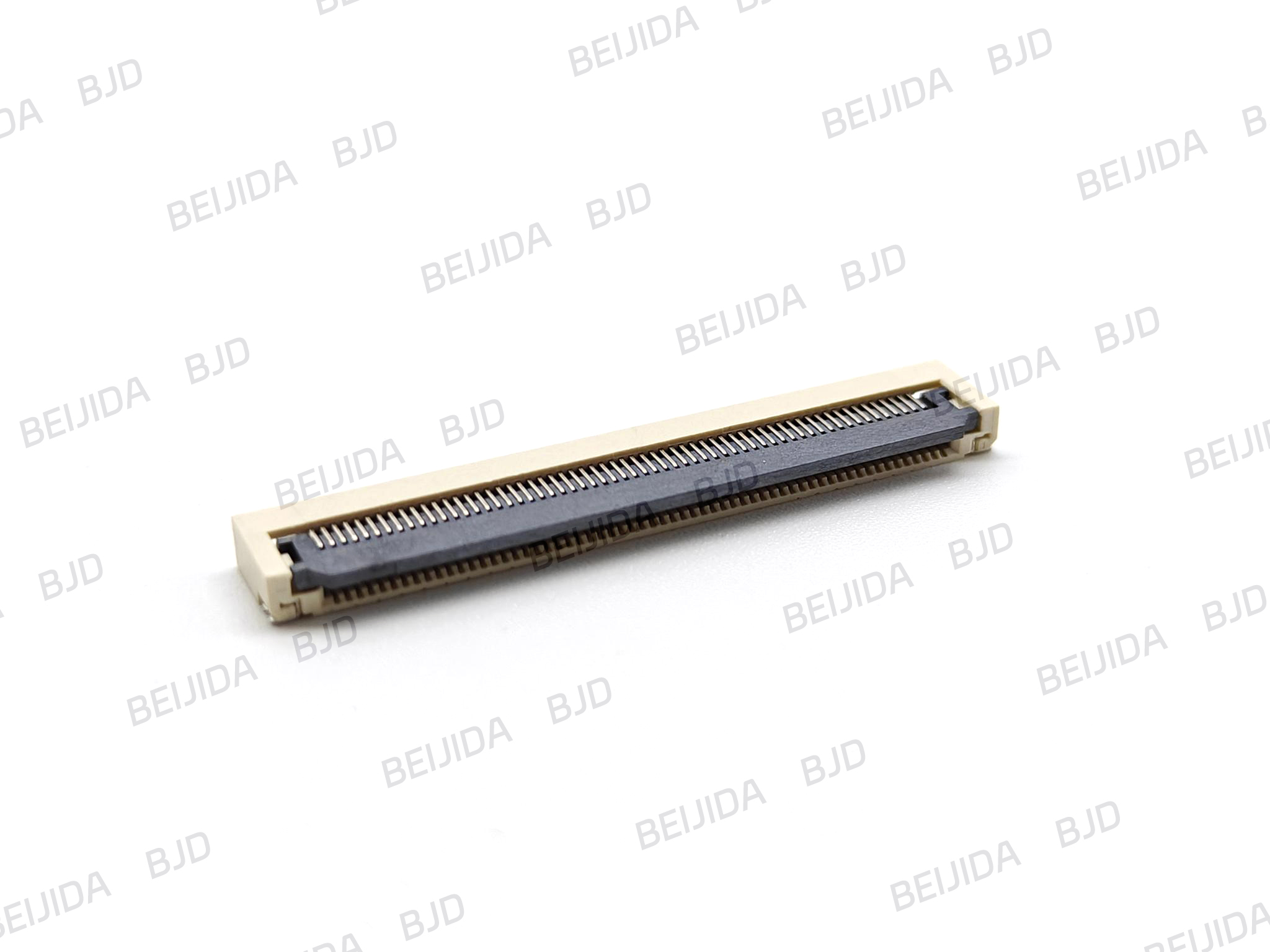
0.5-18 Series、0.5mm、ZIF、Horizontal(SMT)、Front flip、Bottom Contact
View More



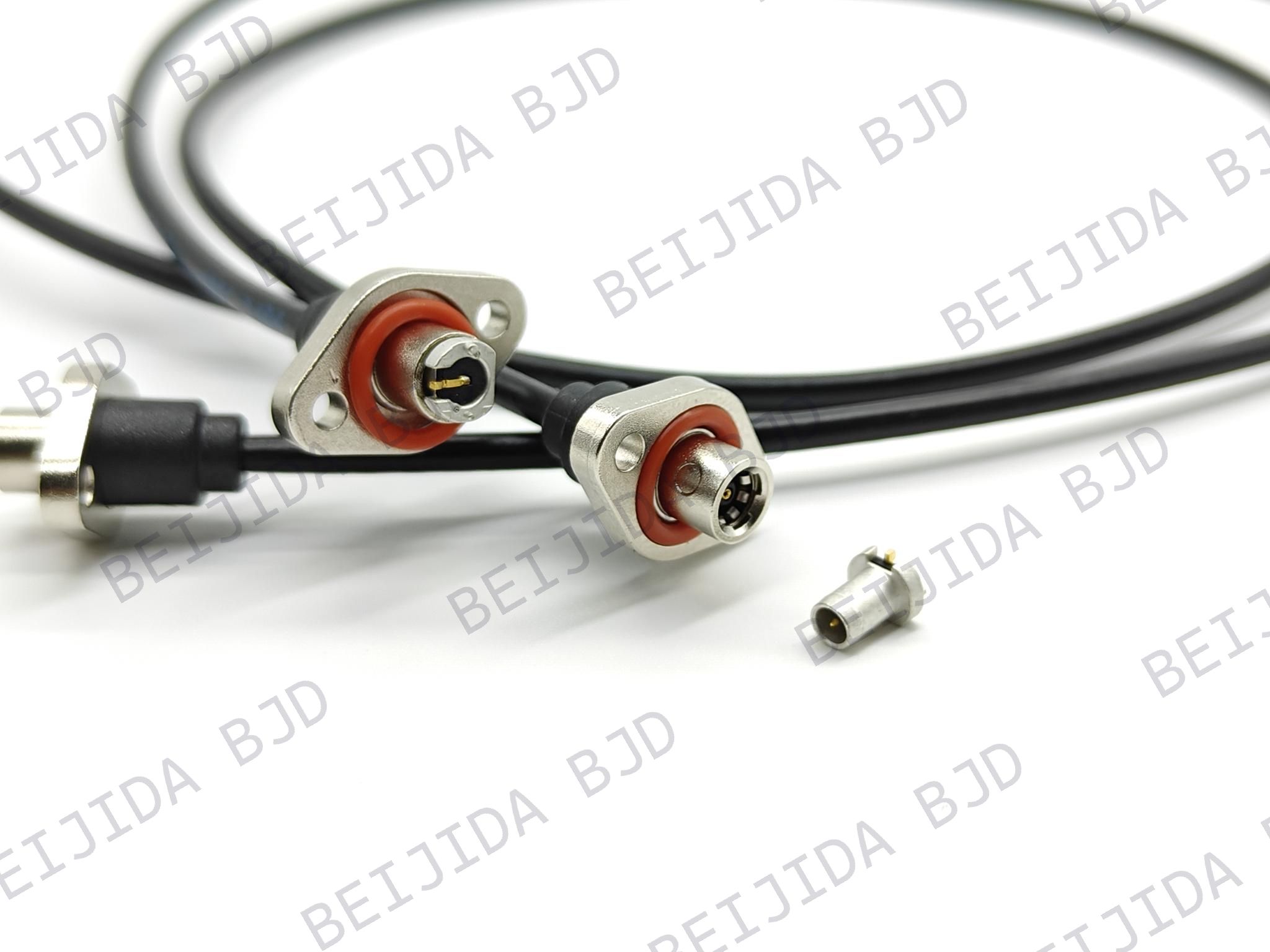
View More



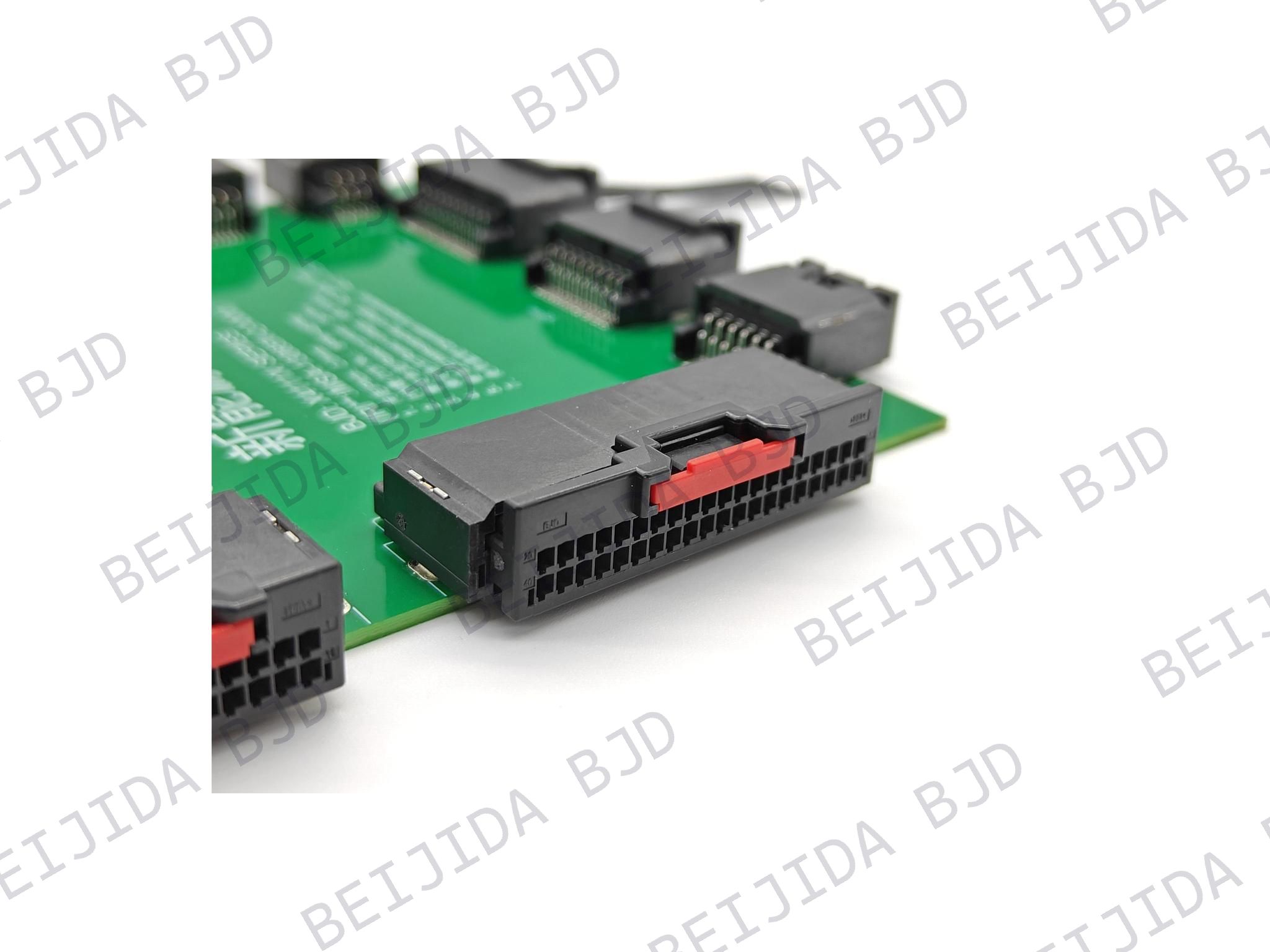
BJD has introduced the X4111X series wire-to-board connector with a 2.0mm pitch, which is suitable for interfaces in automotive equipment. This connector utilizes ultra-compact crimp terminals (with a label size of 0.5mm x 0.3mm) and adopts a box structure, resulting in a low-profile, high-density connector that reduces overall dimensions. Additionally, it offers three keying variants. The X4111X series is designed for high-temperature environments, capable of withstanding temperatures up to +125°C. It features a two-row, right-angle SMT (Surface Mount Technology) design, facilitating automated installation.
View More


Contact us now, and we will assign a professional consultant to customize solutions for you.
Tel:
0755-83958345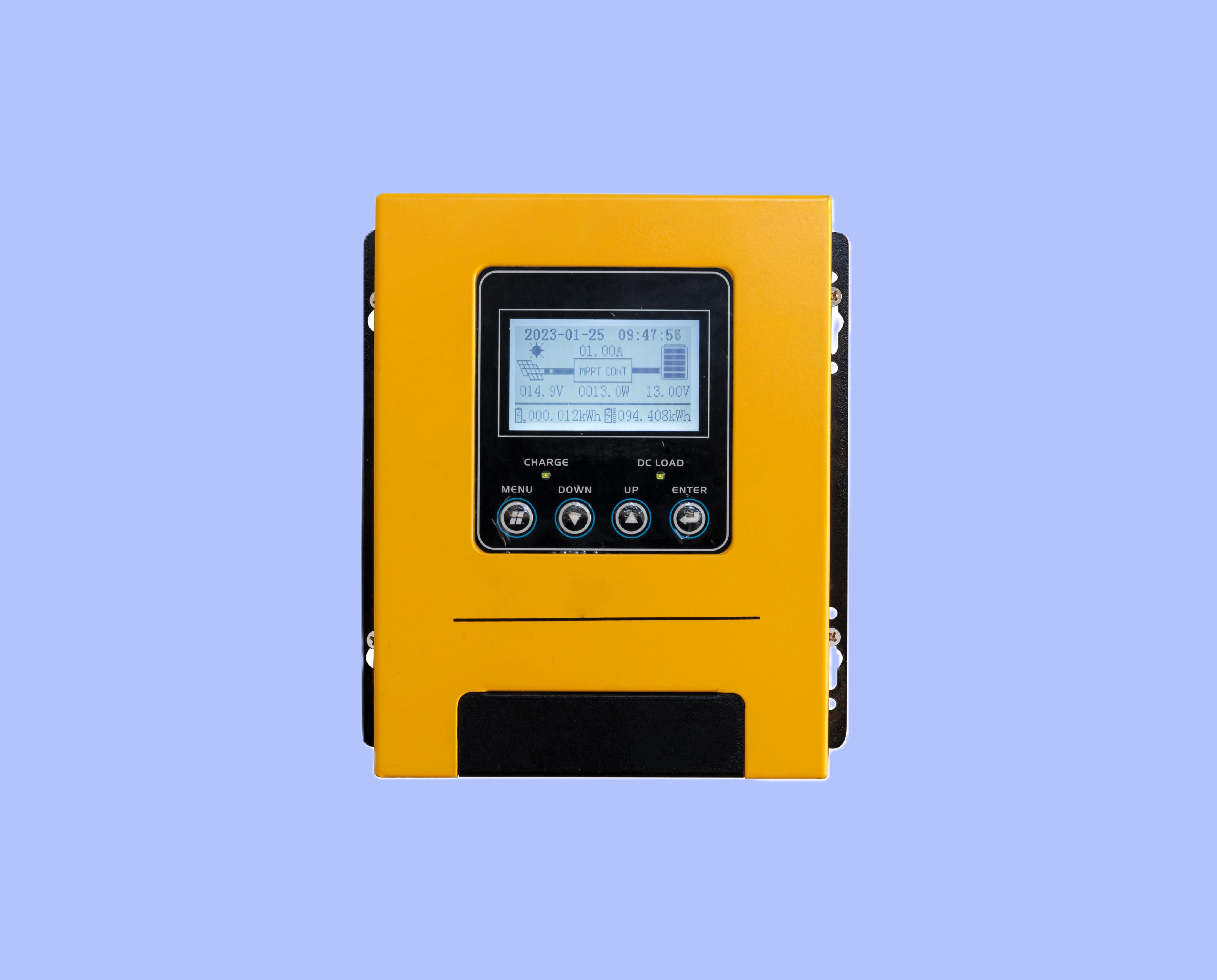


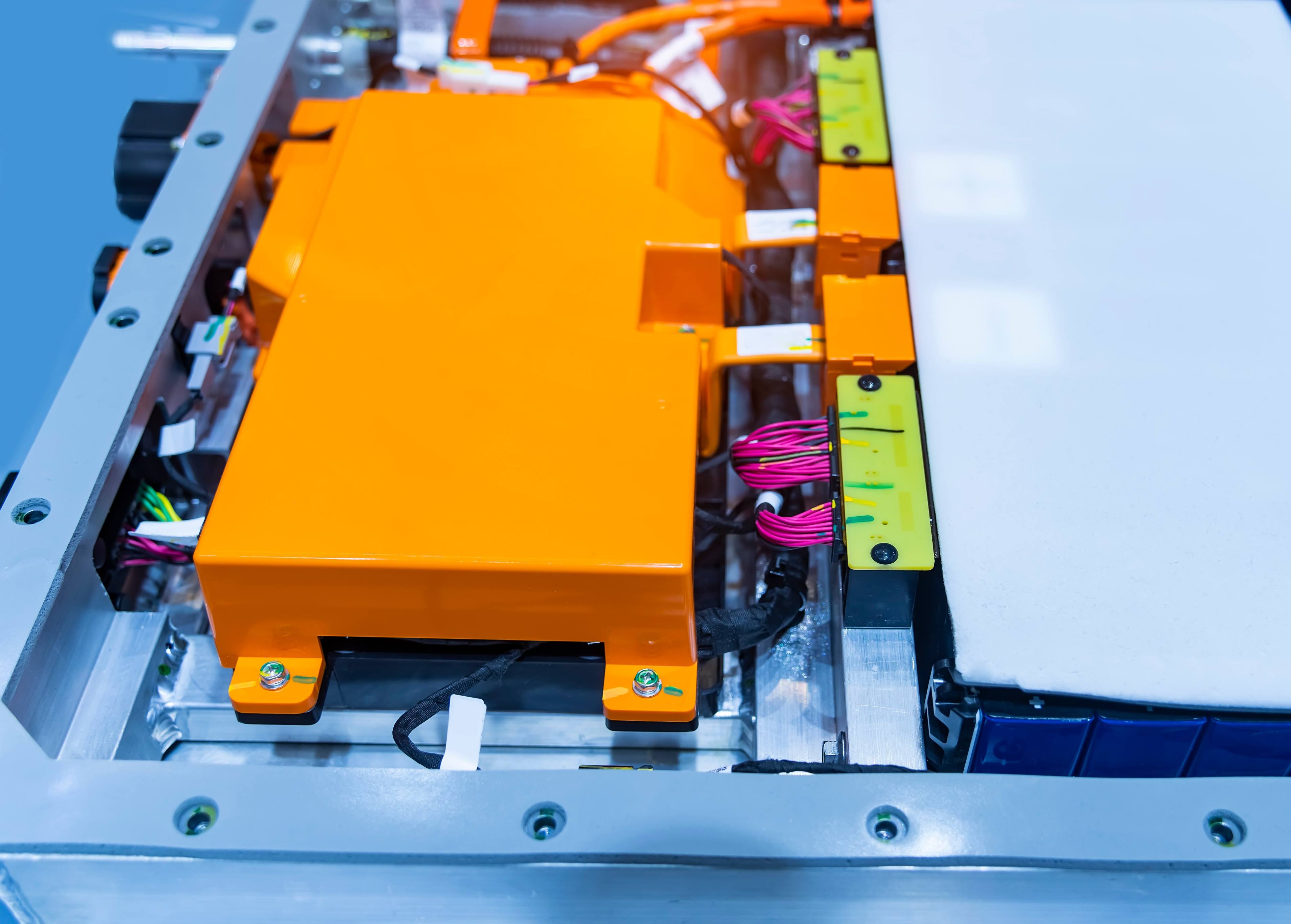


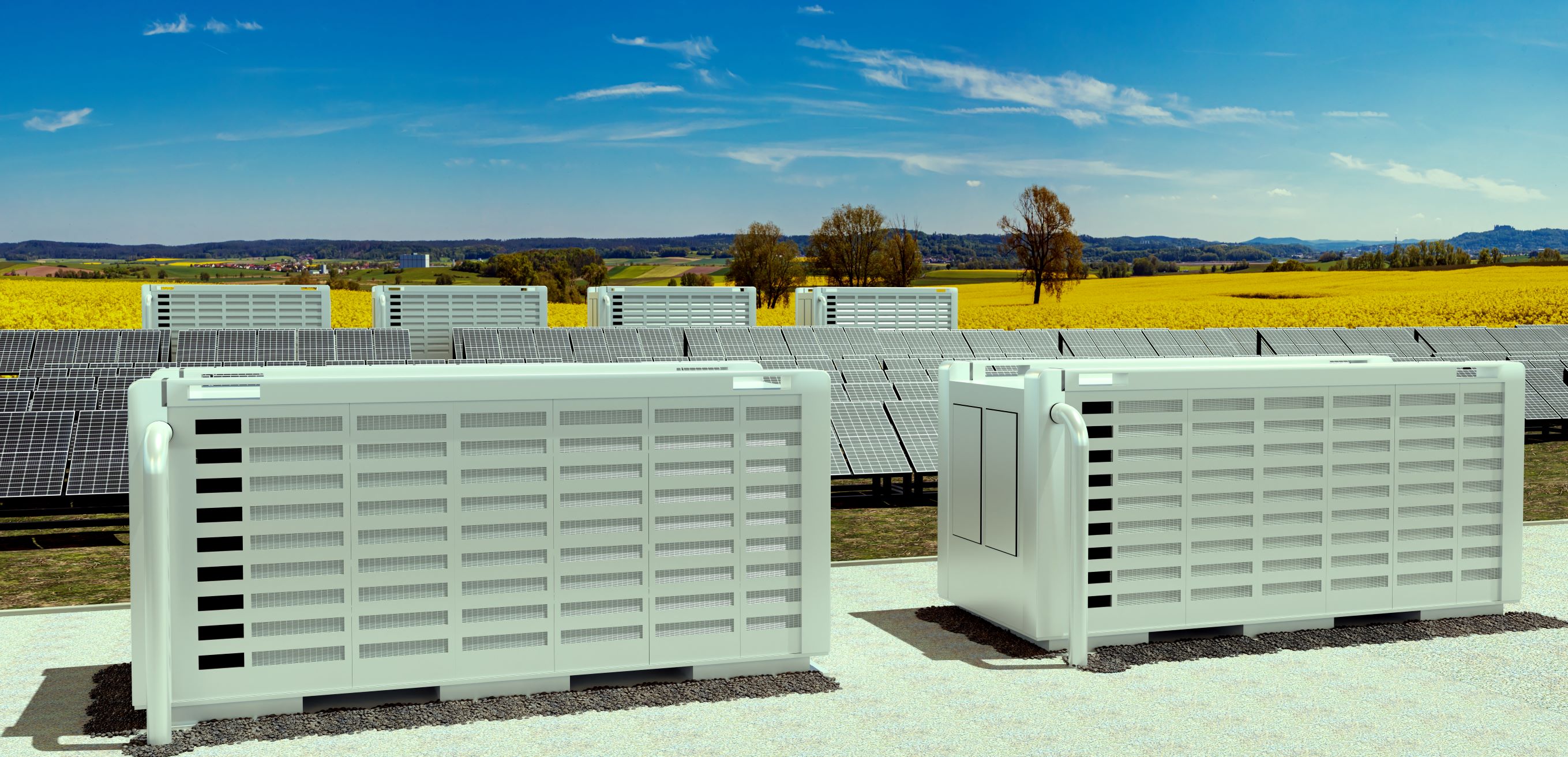


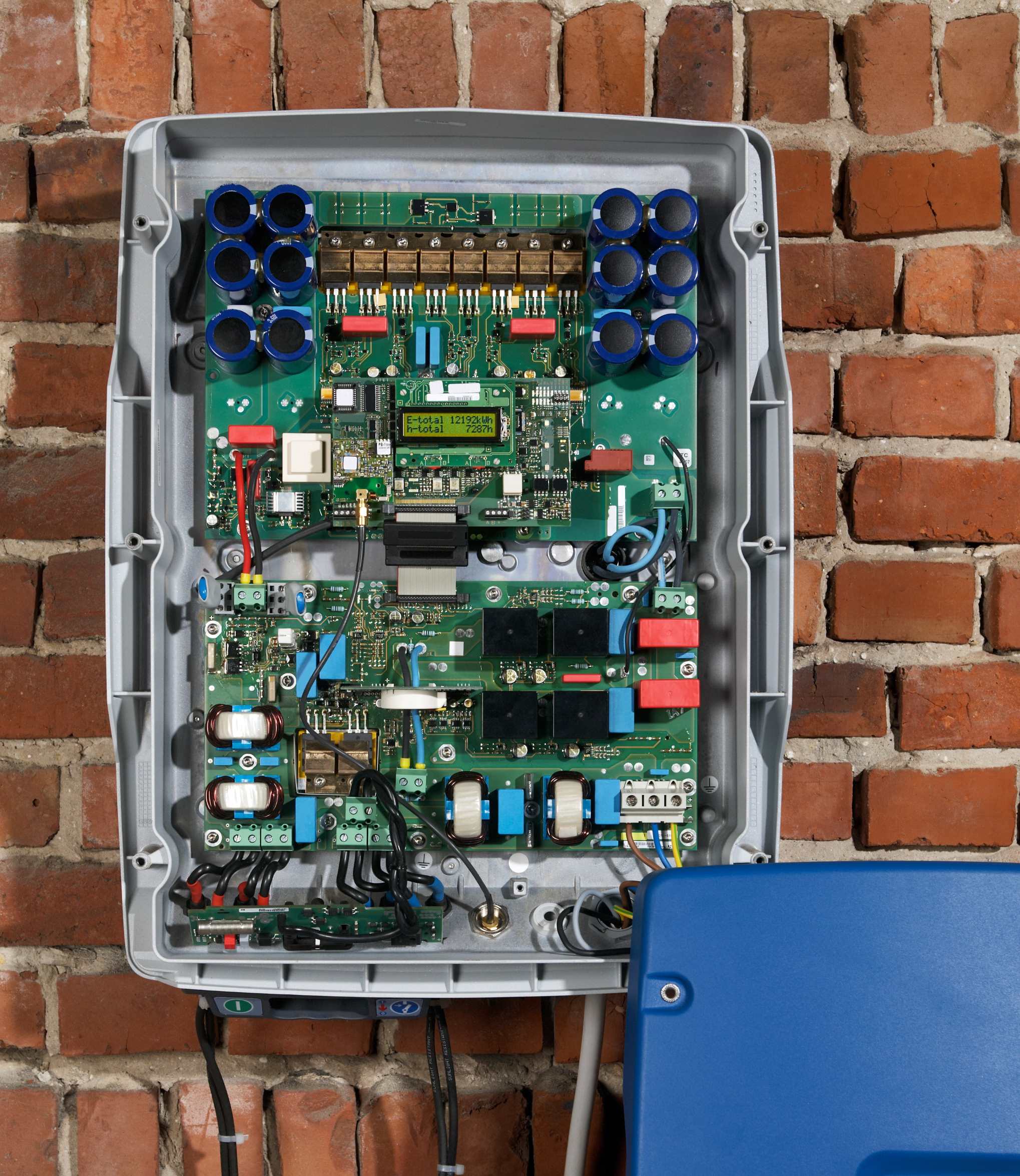



Fill in the form You will get
 One-To-One
One-To-One
 Professional team
Professional team
 Free solution
Free solution